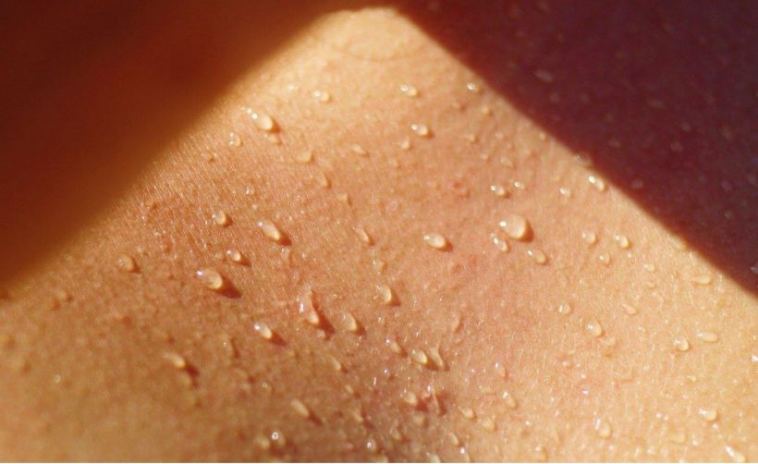- Like
- SHARE
- Digg
- Del
- Tumblr
- VKontakte
- Flattr
- Buffer
- Love This
- Save
- Odnoklassniki
- Meneame
- Blogger
- Amazon
- Yahoo Mail
- Gmail
- AOL
- Newsvine
- HackerNews
- Evernote
- MySpace
- Mail.ru
- Viadeo
- Line
- Comments
- Yummly
- SMS
- Viber
- Telegram
- JOIN
- Skype
- Facebook Messenger
- Kakao
- LiveJournal
- Yammer
- Edgar
- Fintel
- Mix
- Instapaper
- Copy Link
Overview
Hyperhidrosis, or excessive sweating, is a medical condition characterized by the overproduction of sweat from the sudoriparous glands.
At first, you might think that this condition is benign. After all, how damaging can excessive sweating be?
However, hyperhidrosis causes more damage than meets the eye. One of the consequences of this condition is hair loss seen in both males and females.
In this article, we will define hyperhidrosis and unveil the ways this malady causes hair loss.
What is Hyperhidrosis?
As mentioned earlier, hyperhidrosis is a dermatological condition that leads to excess sweat production by the sudoriparous glands during unusual situations, such as cold weather or while inactive.
Note that hyperhidrosis can either be caused by other medical conditions (e.g., menopause, hyperthyroidism, pheochromocytoma) or result from an unknown underlying mechanism, which is also referred to as “idiopathic” in the medical literature.
Contrary to popular belief, hyperhidrosis is extremely common, with estimates stating that up to 4.8% of the American population has this condition. This number translates to more than 15 million individuals with hyperhidrosis.
Now that you’re familiar with this disease, let’s see how it can lead to hair loss without you even realizing it.
How is Hyperhidrosis Responsible for Hair Loss?
The main way hyperhidrosis leads to hair loss is by interfering with the different phases of the hair follicle growth in the scalp.
You see, sweat will dry off the follicles, which contributes to the process of hair loss in these patients.
Here are some examples:
Example number one
A man works out on a regular basis, but he always complains about excessive sweating in his groin region. After a while, he notices that his scalp hair is becoming thinner, and whenever he’s in the shower, he sees a large number of hair follicles on the ground.
What happened?
As mentioned before, hyperhidrosis is a condition that affects all the body. In other words, every sweat gland on your skin will be hyperactively producing sweat.
While you might not be aware that sweating is occurring in all areas of your skin, the first sign of this condition might have nothing to do with sweating (or at least that’s what you would think).
I mean, who would make a connection between over-sweating in the groin region and hair loss. Unfortunately, that’s how many people discover hyperhidrosis.
Example number two
A woman goes to the hairdresser to get her hair bleached, only to discover that she’s losing hair at a pathological rate after a while.
What happened?
Well, this woman probably had hyperhidrosis, but it was not diagnosed, and therefore, she wasn’t informed that the already weakened hair follicle from the excessive sweating cannot handle bleach.
These examples and other stories are what I commonly deal with in my practice. My goal is to spread the knowledge about the adverse effects of hyperhidrosis aside from the inconvenience and psychological issues that arise from it.
The Takeaway
Hyperhidrosis leads to several complications that are rarely discussed, including hair loss. Hopefully, you found this article helpful and beneficial, but if you still have any questions, feel free to ask in the comments section below.
About the Author: Erkkie Harris Wells
Visit Trichologist Erkkie Harris Wells’ website at miyoharainternational.com to learn more about hair loss conditions. We’ve also developed our own custom formulated hair loss products for various kinds of hair and scalp disorders. Come check us out to more more about me and find real information about hair loss and its causes. No guesswork here, we are the real deal!
About Theresa Duncan
Originally from Detroit, MI, Theresa has been offering health and fitness advice for the last 30 years while working as an engineer. She decided to turn her passion into a profession, and finds nothing more satisfying than helping others reach their health and fitness goals.

